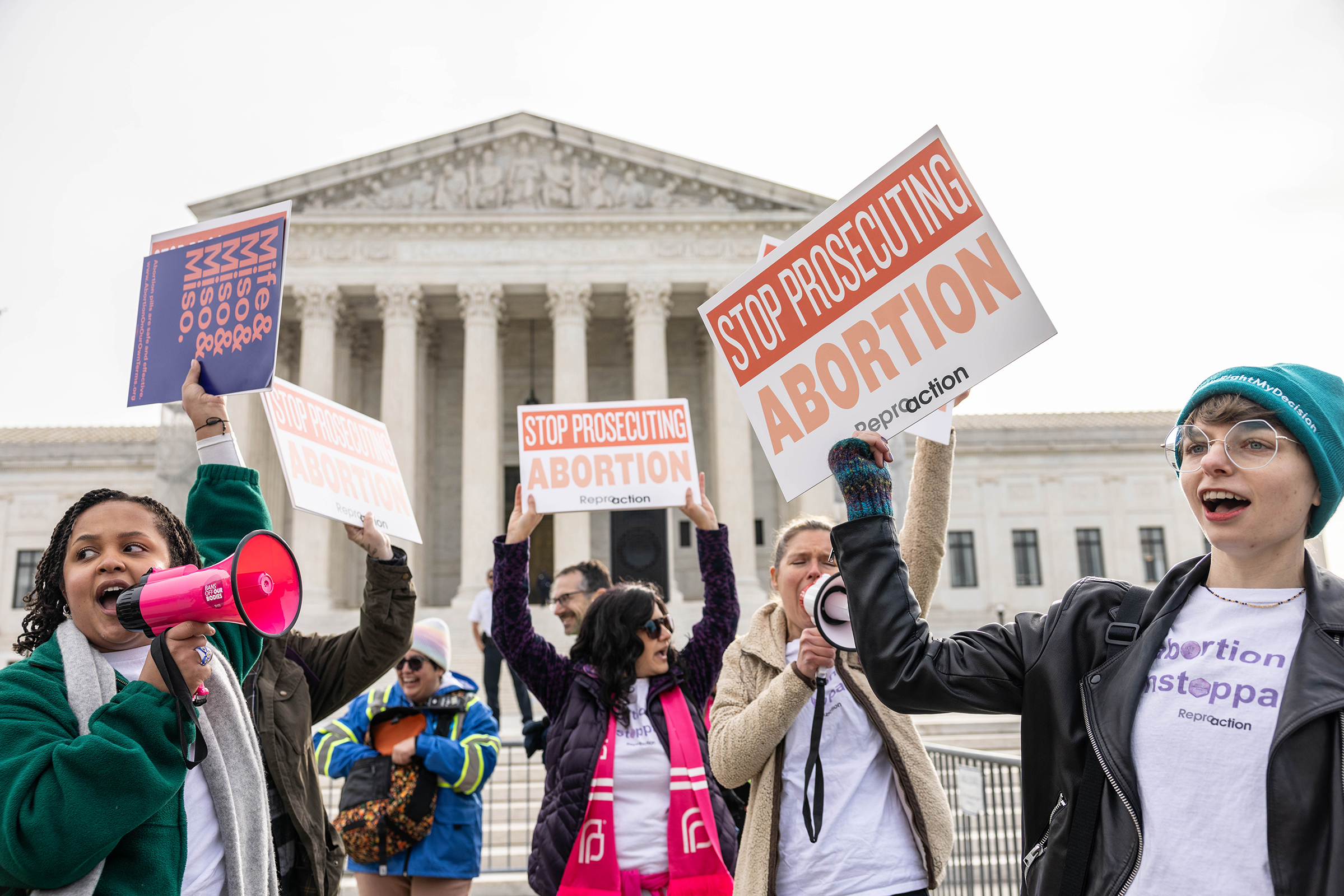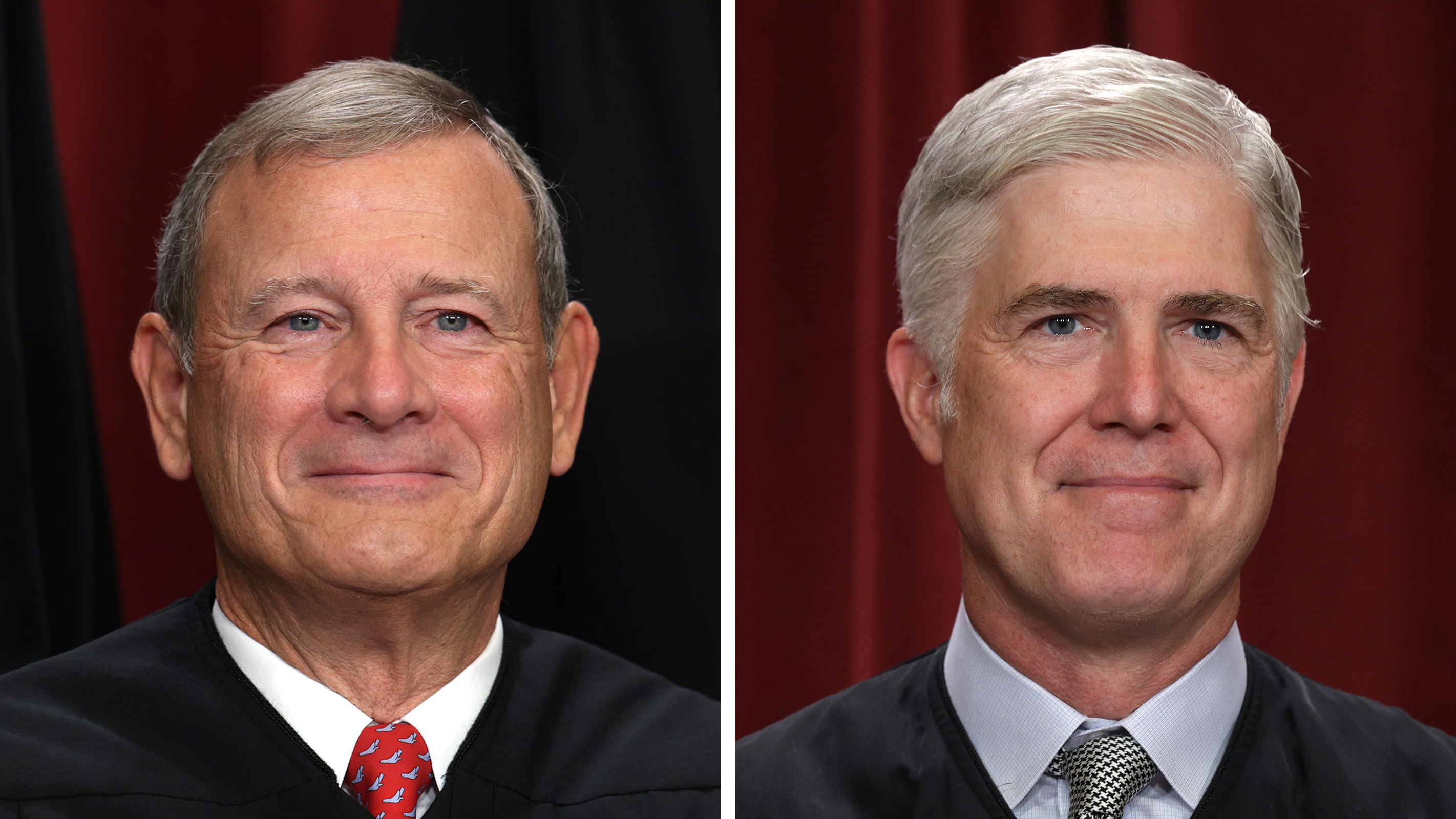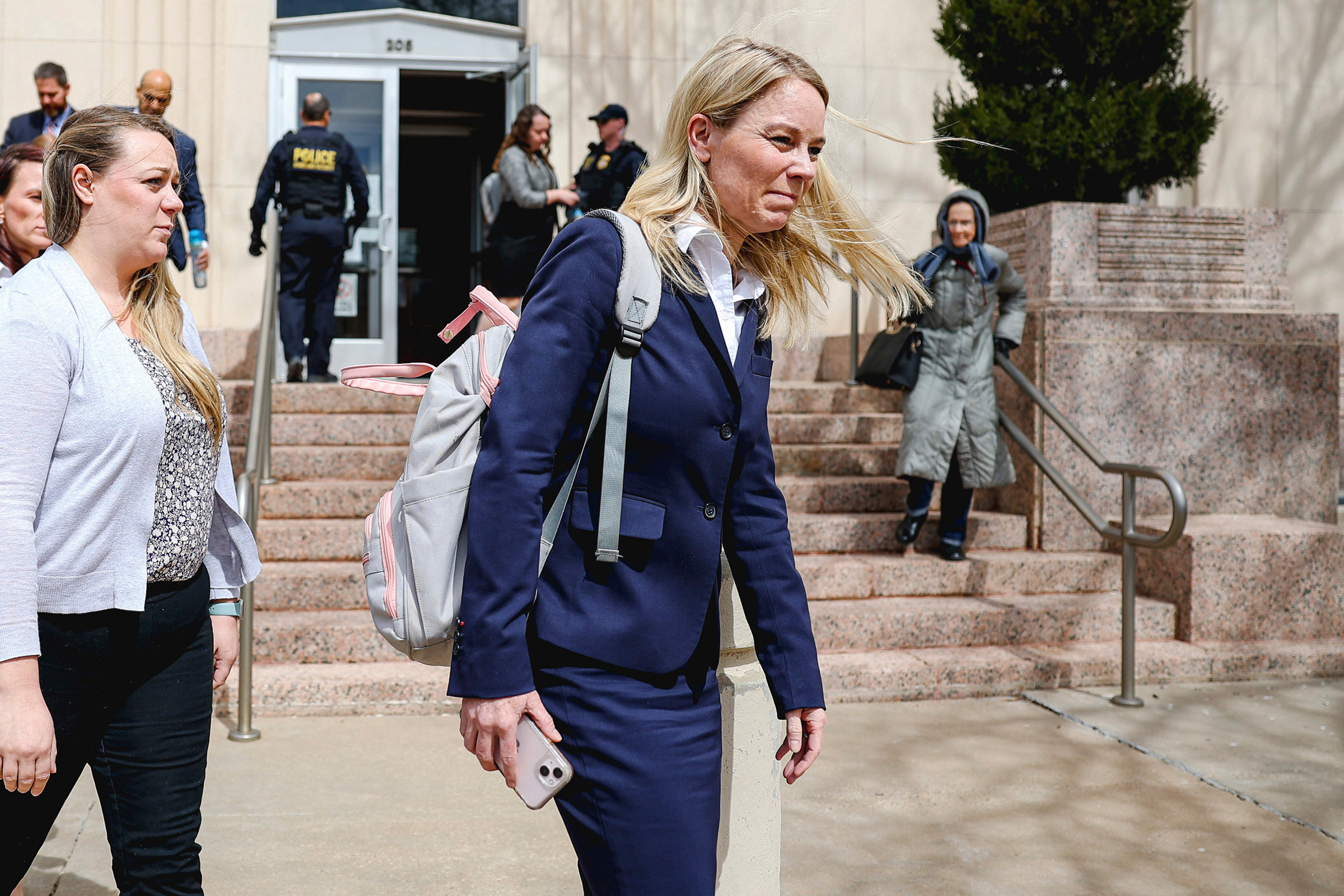Steve Vladeck, CNN Supreme Court analyst and professor at the University of Texas School of Law, has this to say about the injunction discussion:
"One of the issues lurking in this case, and several other before the Court this term, is the uptick in what Justice Neil Gorsuch calls 'universal' injunctions—court orders that block state or federal policies as applied to anyone based solely on a claimed injury to a small handful of individuals.
We've seen these kinds of injunctions become much more prevalent over the past decade—against both Republican and Democratic policies. And although the Court has yet to rein them in directly, Justice Gorsuch has, as he did in today's arguments, repeatedly suggested that the justices ought to do so.
At the very least, the question of when policies should be blocked on a statewide or nationwide basis because a handful of citizens object to them is an issue that should get more discussion—not just from the courts, but from Congress, which has, to this point, been unwilling to provide more guidance for when these kinds of orders should and should not be allowed."











